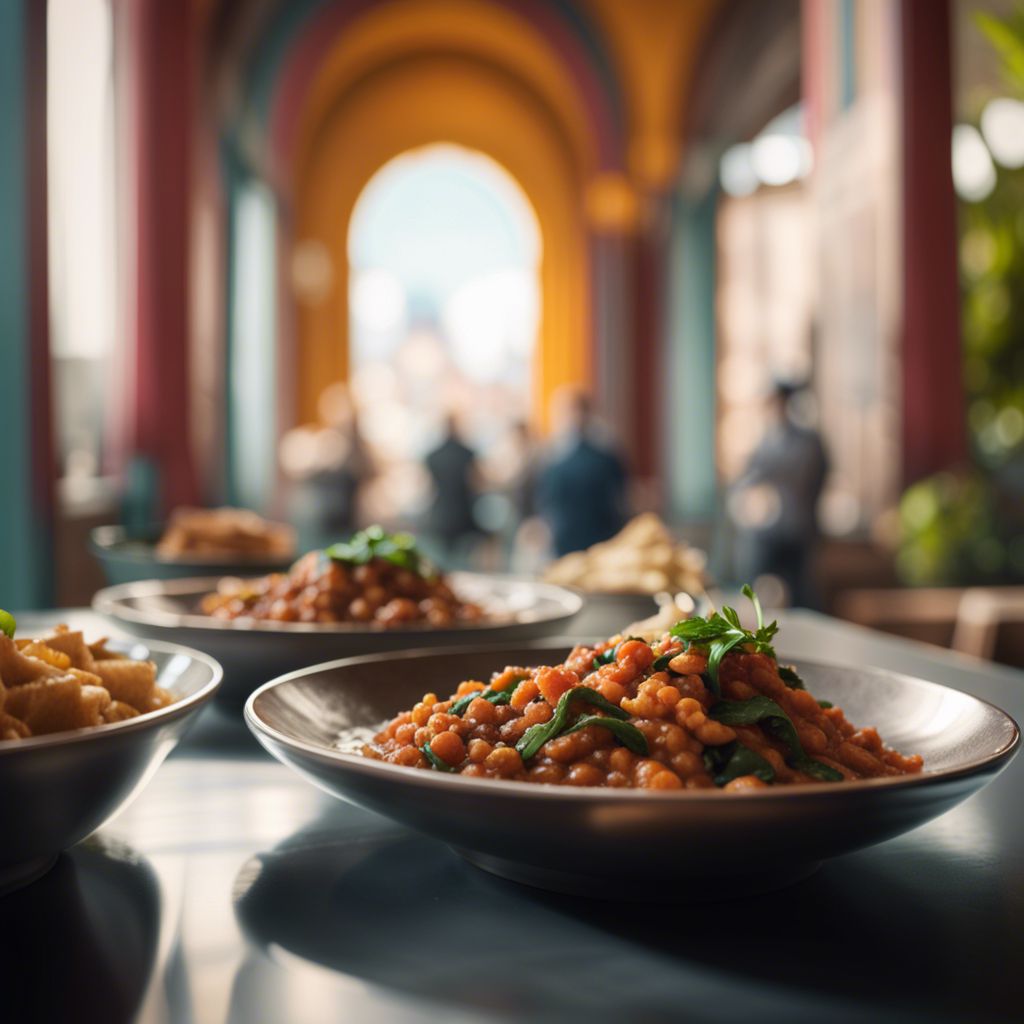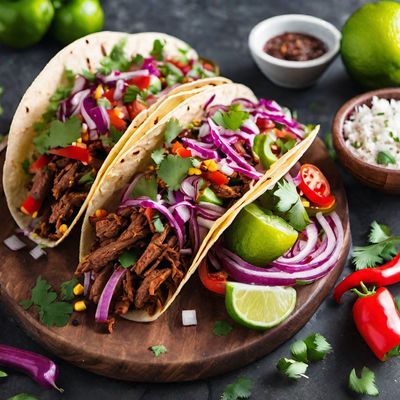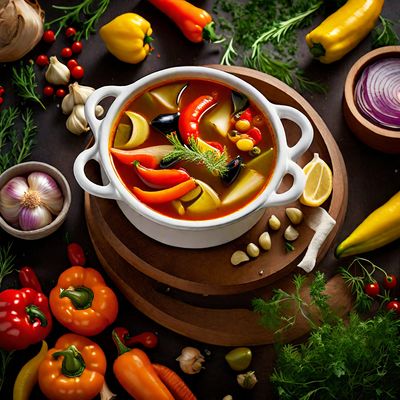
Cuisine
Vegan cuisine
Vegan cuisine is characterized by its use of plant-based ingredients and its focus on healthy, whole foods. Dishes are often high in fiber, vitamins, and minerals, and they are designed to be both nutritious and delicious. Vegan cuisine can be found in a variety of styles, from traditional ethnic dishes to modern fusion cuisine.
Typical ingredients
Fruits, Vegetables, Legumes, Grains, Nuts, Seeds, Plant-based milks and cheeses
Presentation and garnishing
Vegan dishes can be presented in a variety of ways, from simple and rustic to elegant and sophisticated. Garnishes can include fresh herbs, spices, and colorful vegetables.
Vegan cuisine is a growing trend in the culinary world, with more and more restaurants and chefs offering plant-based options on their menus.
More cuisines from this region...
Haute cuisine, Molecular gastronomy, Fusion cuisine, Nouvelle cuisine, Fast food, Vegetarian cuisine
History
Vegan cuisine has its roots in various cultural and religious traditions, including Hinduism, Buddhism, and Jainism. In recent years, it has gained popularity as a result of concerns about animal welfare, environmental sustainability, and health. Veganism is now a global movement, with millions of people around the world choosing to follow a plant-based diet.
Cultural significance
Vegan cuisine is often associated with ethical and environmental concerns, as well as health and wellness. It is also a way for people to explore new flavors and ingredients, and to experiment with different cooking techniques.
Health benefits and considerations
Vegan cuisine is often lower in fat and calories than traditional cuisine, and it can provide a range of health benefits, including improved digestion, lower cholesterol levels, and reduced risk of chronic diseases like heart disease and cancer.
Vegan cuisine recipes Browse all »

Vegan Dim Sum
Plant-Based Delights: Vegan Dim Sum

Vegan Şakşuka
Savory Vegan Delight: Plant-Based Şakşuka

Vegan Carne Asada Tacos
Plant-Based Fiesta: Vegan Carne Asada Tacos

Vegan Bouillabaisse
Savory Vegan Seafood Stew: A Plant-Based Twist on Bouillabaisse

Vegan Bangers and Mash
Plant-Based Sausages with Creamy Mashed Potatoes

Vegan Fruit Soup
Tropical Delight: Vegan Fruit Soup Bursting with Flavor

Vegan Gumbo Recipe
Soulful and Satisfying Vegan Gumbo: A Plant-Based Twist on a Classic American Dish

Vegan Focaccia
Plant-Based Delight: Vegan Focaccia

Vegan Potato Dumplings with Poppy Seeds
Plant-Based Twist: Vegan Potato Dumplings with a Nutty Poppy Seed Topping

Vegan Guinness Stew
Hearty Plant-Based Stew: Vegan Guinness Delight

Vegan Chocolate-Covered Coconut Bacon
Decadent Vegan Delight: Chocolate-Coated Coconut Bacon

Vegan Feijoada
Plant-Based Twist on a Brazilian Classic: Vegan Feijoada